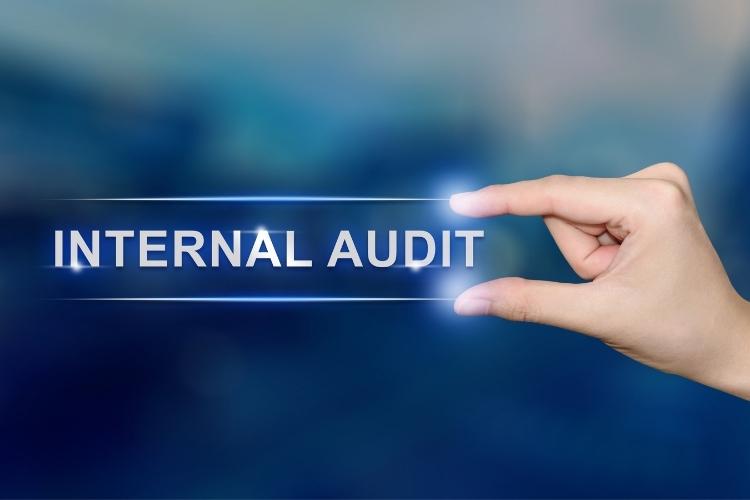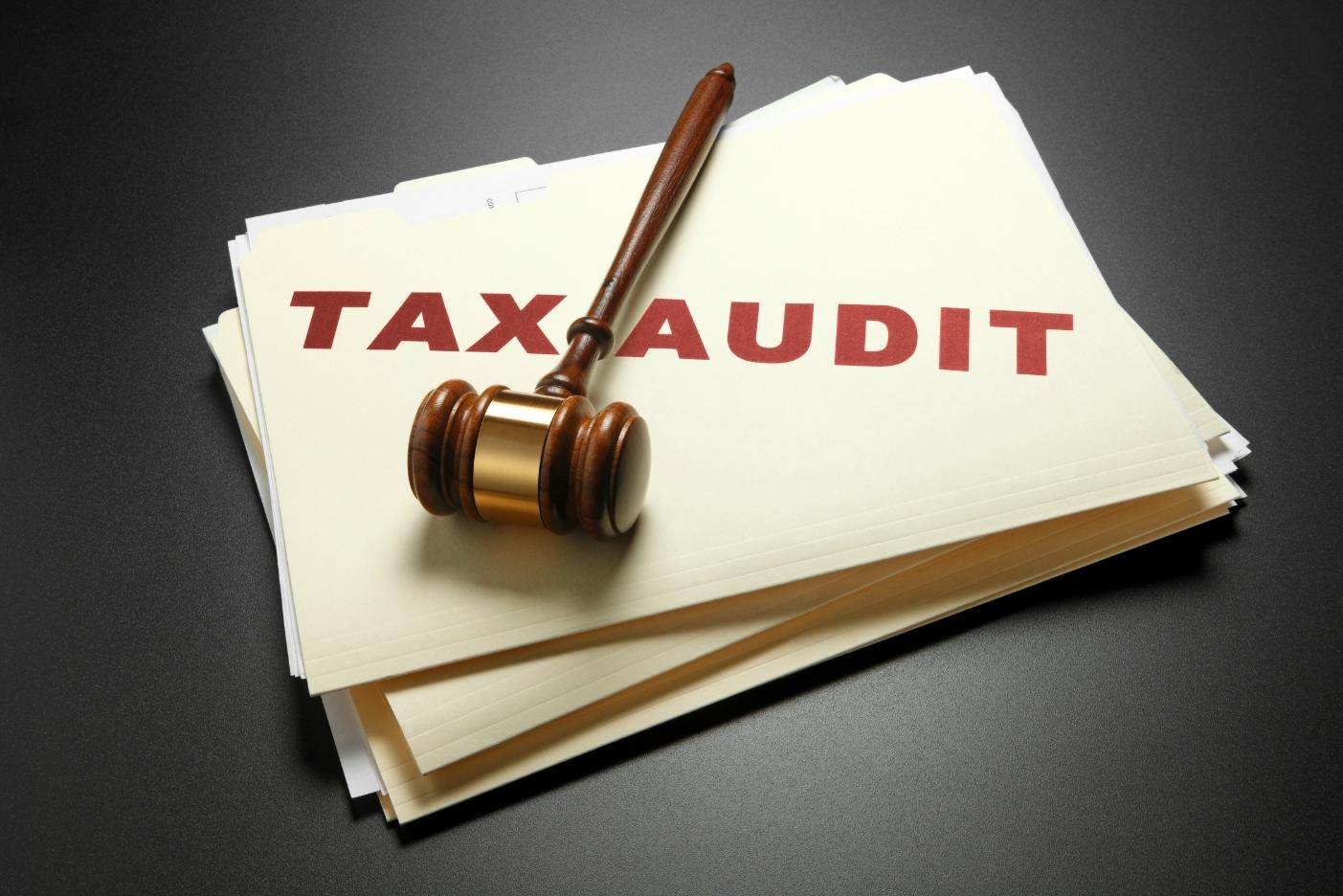Overview:
One of the most important compliances that a corporate entity needs to comply it to make sure that the records such as financial statements and related works are performed as and when required to do so. This is regulated either by the government or by the respective board of directors. This article will give a brief note on what auditing is and how does it work in the corporate environment.Are you planning to start a company in India but don’t know how to start? We agree that starting a new business in any country could be a herculean task with so many unanswered questions in your mind. Amidst so much stress, you will not be able to single-mindedly focus on the documentation needed for company registration. But not to fret! Read on to find out a detailed step-by-step process for company registration in India.

What is an audit?
- Internal Audit:

- Service Tax Audit:

Having seen what internal audit is, let us look into the next subtopic, which deals with a service tax audits. What does service tax audit mean? As we know, service taxes should be paid by the service providers of the country to its respective authorities as per the income tax act of 1961. This means that, as part of indirect taxation, service taxes are levied on the service providers, who will again shift the same on the consumers of the service. So, any audit that is done to these service taxpayers is referred to as service tax audits, which is a must for all the taxable service as per government regulations and the rules. Looking into the respective legal provision and the respective legislation, the Finance act of 1994 deals with the central excise as well as service tax. Section 65(121) of the finance act of 1994 states that the rules and the regulations as mentioned under chapter 5 of the finance act, which applies to the central excise act of 1944, shall apply to service tax as they apply in relation to a duty of excise.
Along with the finance act of 1994, service tax rules also provides for the rules and regulation relating to the service tax audit in India. Rule 2(2) of the service tax rules of 1994 deals with service tax rules. It is important to note that the definition of central excise officer under the central excise officer of 1944 shall apply to the officer who performs the functions of service tax audit under the act. Thus he has been referred to be the proper officer when it comes to a service tax audits. The question of whether there should be any records possessed by the taxpayer or not has not been provided in the finance act read with the rules of 1944. The auditor who performs the service tax audit here shall have the power to summon for the purpose of conducting the audit.
